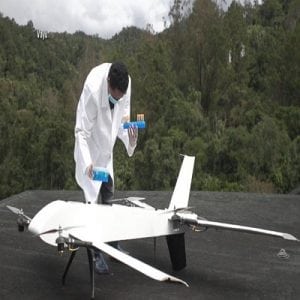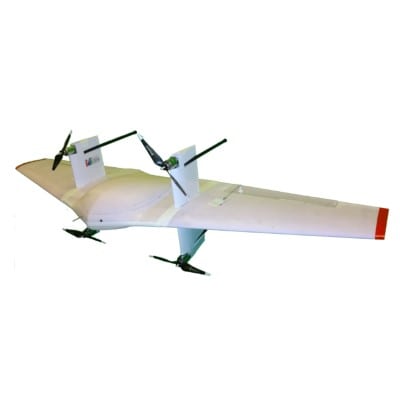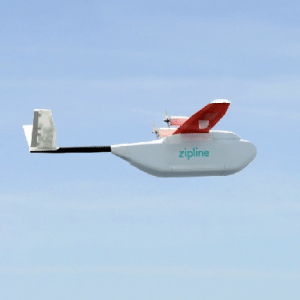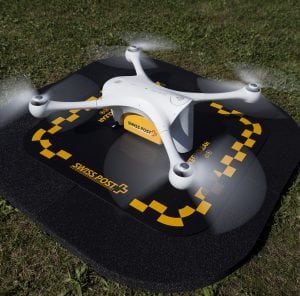
Agriculture
August 6, 2019

Updated on April 17, 2024
·Created on October 8, 2018
Dr.One concept uses small Unmanned Aircraft Systems (sUAS) for the last-mile delivery of healthcare commodities (such as drugs, contraceptives, blood samples, rapid diagnostic test kits, vaccines, etc) to remote communities in developing countries. Currently in a prototype phase.
Target Users (Target Impact Group)
Community
Distributors / Implementing Organizations
Implementing organization: Drones for Development. Customers: Ministry of Health, organizations for National Health Service, International/Non-Governmental Health Care Organizations, Third Party Logistics Service Providers, Pharmaceutical manufacturers and specialized medicine supply organizations.
Manufacturing/Building Method
The prototype's drone electronics are based on commercially off the shelf and open source products. A data link is used for controlling the drone.
Intellectural Property Type
Select Type
User Provision Model
Through Drones for Development in partnership with local organizations and National Health Systems
Distributions to Date Status
Proof of Concept in Ghana
Design Specifications
Prototype specifications: Safe to use Easy to use Legal to use Low cost Carries up to 2 kg Range of 100 km Minimal moving parts Vertical take-off and landing Can be produced locally Does not require complex infrastructure
Technical Support
N/A
Replacement Components
N/A
Lifecycle
N/A
Manufacturer Specified Performance Parameters
Unknown
Vetted Performance Status
"Actual cost savings for the Ghana Health Services amount to US$ 4,129 per drone per year when Dr.One drones are introduced in small quantities, for example at one location in the Builsa district"1
Safety
Unknown
Complementary Technical Systems
Unknown
Academic Research and References
Compliance with regulations
Healthcare rules and regulations: Ghana Health Services (GHS) Code of Code of Ethics. Aviation rules and regulations: Ghana Civil Aviation Authority (GCAA) set of rules. Permission required from the regional and local authorities, the regional and local police and the immigration services.
Other Information
N/A

Agriculture
August 6, 2019

Agriculture
August 4, 2020

Agriculture
April 17, 2024
Implemented by
Zipline

Agriculture
April 16, 2024
Implemented by
Matternet
Have thoughts on how we can improve?
Give Us Feedback